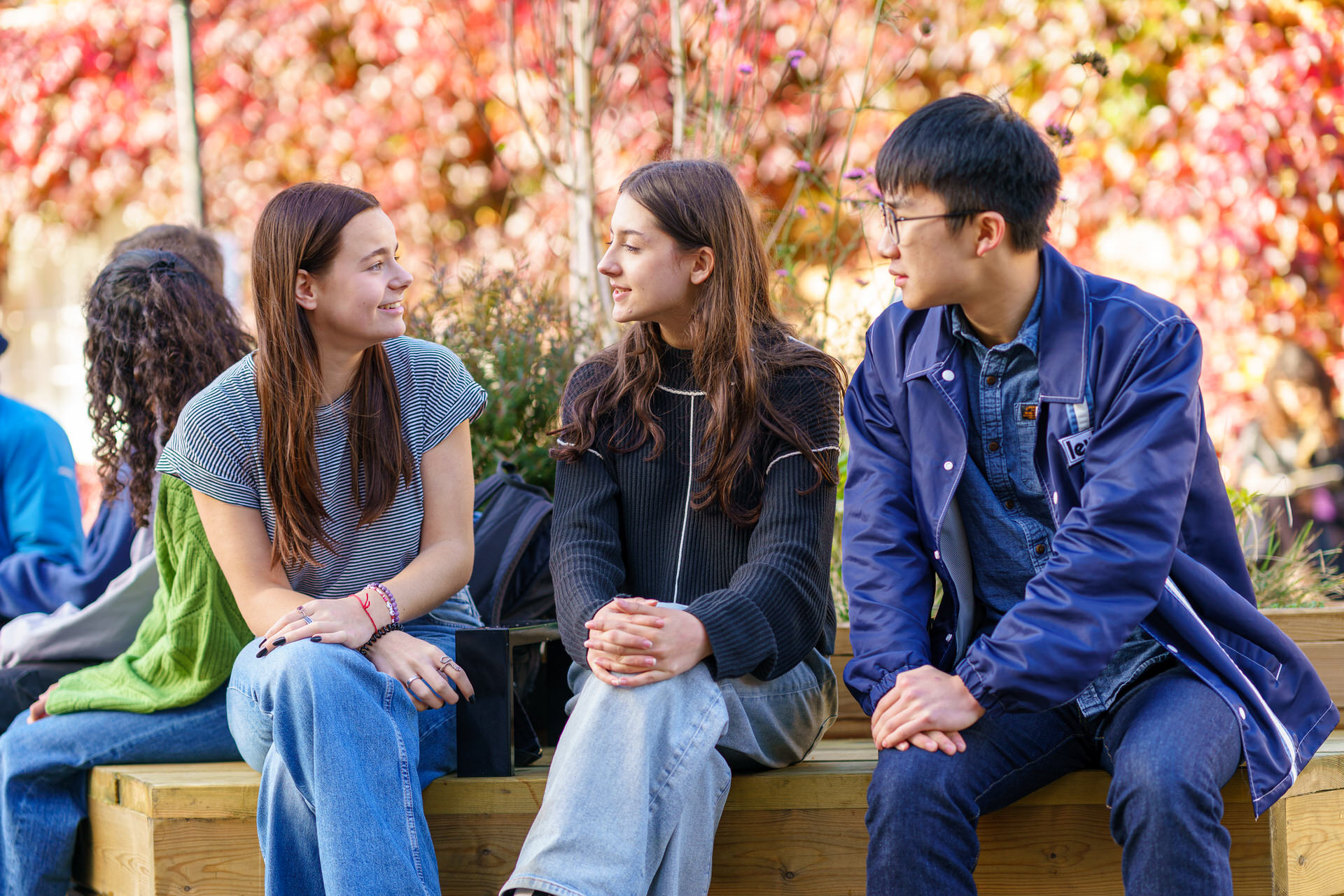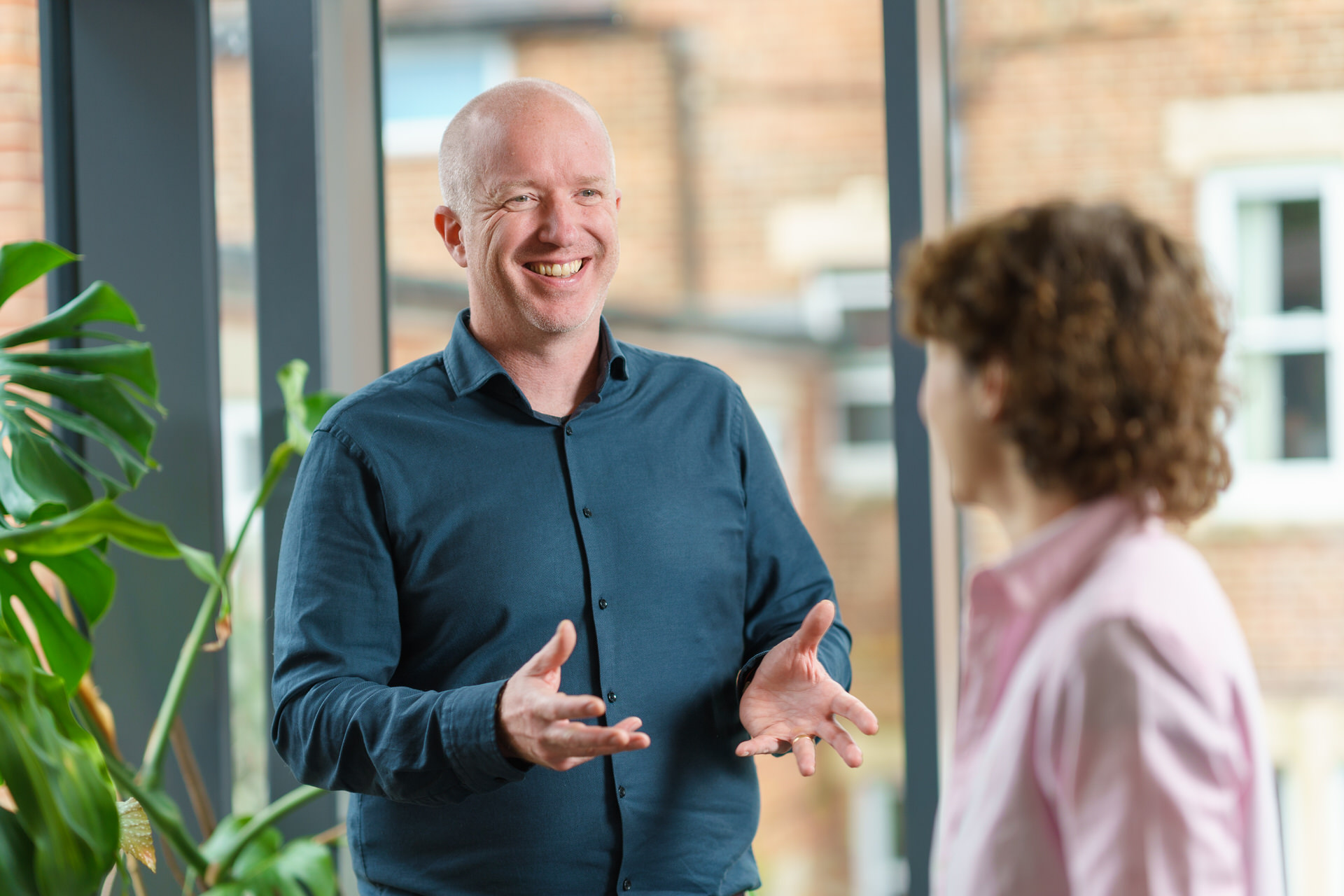Diversity, inclusion and international understanding


We value diversity in broadening the learning experience
Our commitment to diversity and inclusion links with our mission to ‘advance international understanding‘. The college was founded after the Second World War with the goal of creating champions for peace, understanding and non-discrimination. Racism or any form of discrimination does not align with our core values. We embrace differences and promote a culture of open-mindedness.
Please stand with us to take on this challenge and stay involved in the conversation. Our communities and the world depends on it!
Our commitment to justice and non-discrimination
The Black Lives Matter movement has brought the crisis of racial and social injustice to the world’s attention. There is a drive to seek meaningful change in the systems, structures and mindsets that have, consciously or not, fostered racism.
The college community comprises of students, staff, and alumni from all over the world. We promote equal opportunities for students and staff. But we must respond to this challenge by examining: what else can we do to promote diversity and encourage inclusivity? Our commitment to justice and non-discrimination is as follows:
- Diversity and Inclusion working group – We are working cooperatively with students, alumni and staff to reflect on our responsibilities and make positive change within the curriculum, resource materials, pastoral provision, college culture and relationships. Our working group comprises of the Principal (Chair), Vice Principal Pastoral (Convenor), a Governor, 3 staff members, 3 current students and 3 former students. Our commitment to justice and non-discrimination is outlined in our ‘Diversity and Inclusion Declaration of Intent’.
- Curriculum content and style – Our academic courses place cultural awareness and respect for others at their heart, using resources and materials from educators, authors and academics of diverse cultural and ethnic backgrounds. As well as this, it also examines issues from an international perspective. Where IB Diploma courses offer options, we endeavour to set books or topics which ensure that students experience a balance of different cultural perspectives. The Personal, Social and Health Education (PSHE) curriculum places emphasis on raising awareness of racial justice and developing cultural sensitivity. We celebrate and embrace Black History Month every year and also have year group sessions which focus on raising awareness of a range of international contributions.
- Resources – We ensure that the library is well-stocked with texts and other materials by authors and academics of diverse cultural and ethnic origin, and that these resources are displayed prominently and become recommended reading for all our students.
- College culture, atmosphere and relationships – We practise a zero-tolerance policy towards racially offensive, homophobic and misogynistic behaviour and language.
- Pastoral provision – Our Orientation Programme includes sessions on international awareness and understanding. This involves students sharing their feelings on how they expect to be treated whilst at St Clare’s and what they deem to be offensive behaviour. Many students commented how positive this was, as it was the first time they had been able to voice their opinion on such matters.
- International mindedness – Both governors and staff are from a diverse range of international backgrounds. As well as this, we have recently appointed an alumni Governor so that we stay abreast of issues that really matter to our alumni.
- Schools Inclusion Alliance – We are proud to be a member of the Schools Inclusion Alliance, a UK-wide network of independent schools who pledge take steps to embed inclusion into the school culture.
Despite our progress, we recognise that the issues of inclusivity go much deeper, so we are continuing the discussion on how we can broaden or adapt activities to the challenges.
International peace and understanding
In 2023, we celebrate the 70th anniversary of our foundation. The college was established by idealist, Anne Dreydel, whose vocation was to build good relations and enhance international understanding in the aftermath of World War II. One of our founding governors, Professor Gilbert Murray, was an original and active member of the Oxford Committee for Famine Relief, founded in 1942, which later became Oxfam. He was deeply affected by the First World War, and after it he became one of the leading figures in promoting world peace through the League of Nations and later the United Nations.
Crisis in Ukraine
In light of recent events, which soberly takes us back to the darkest days of the Cold War, the college continues to act as a force of hope. Our hearts go out to our partners, as well as both current and former students affected by the recent conflict. We fervently hope that you and your loved ones remain safe and that peace returns soon. The promotion of peace and understanding is woven into the texture of everything we stand for and so you can be reassured that our community will remain a safe environment for everybody. Read the letter from our previous Principal (2017-2022).
We will continue to welcome students from all countries, encouraging them to listen to each other and understand and respect different perspectives. We will also inspire young people to have the courage to stand up for human rights, democracy and the rule of law. At this time, we will be instigating a series practical measures to support the welfare of Ukrainian and Russian students in our care.
We are in discussions with local charity Asylum Welcome, national charity RefuAid and Oxfordshire County Council about
supporting Ukrainian refugees who are relocated to Oxford. We are also offering free English language tuition for adult
refugees (as we have been doing recently for Afghan and Sudanese refugees). As well as this, many UK based families connected with St Clare’s have offered to host refugee families.
Back to top ^

